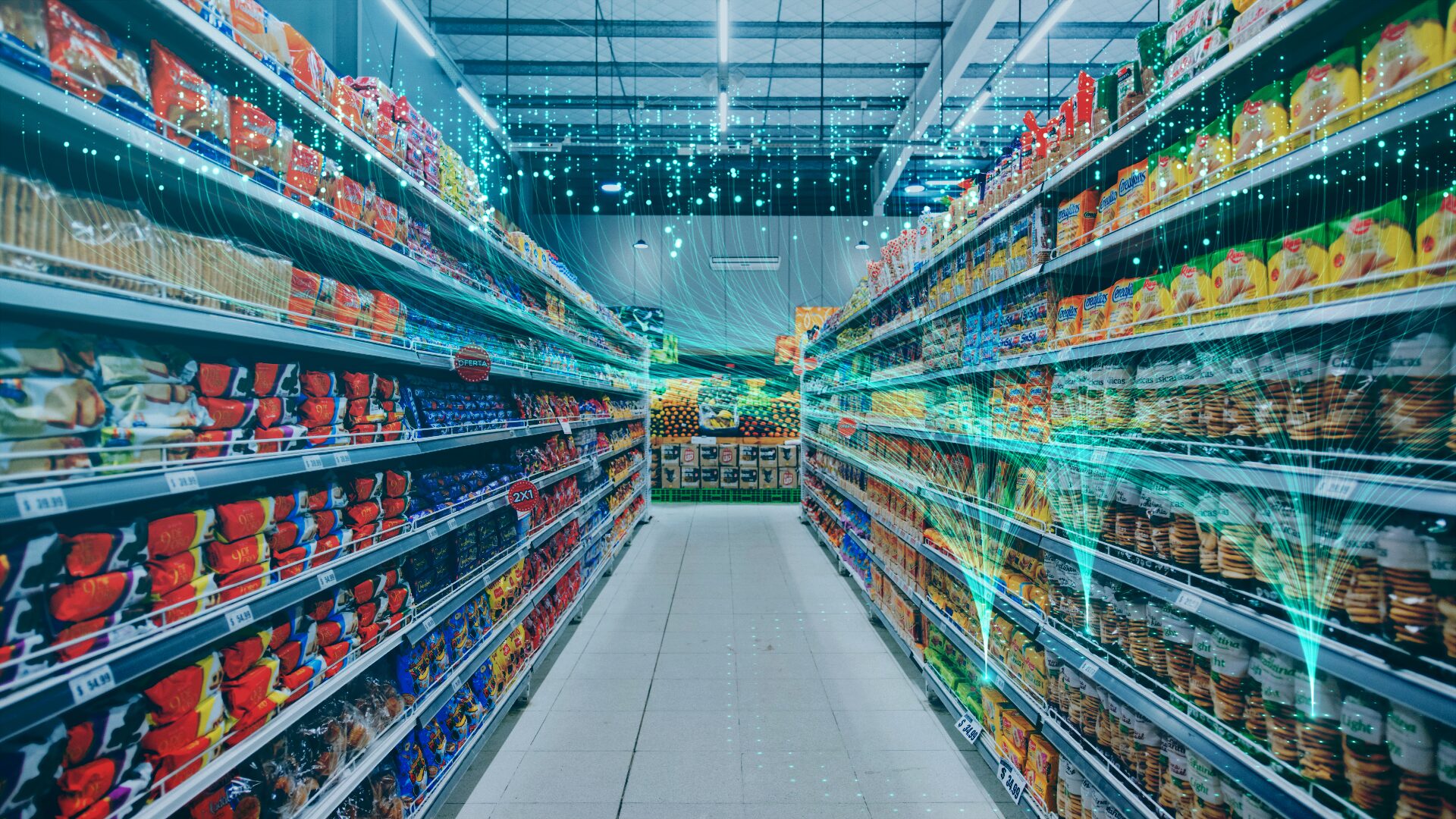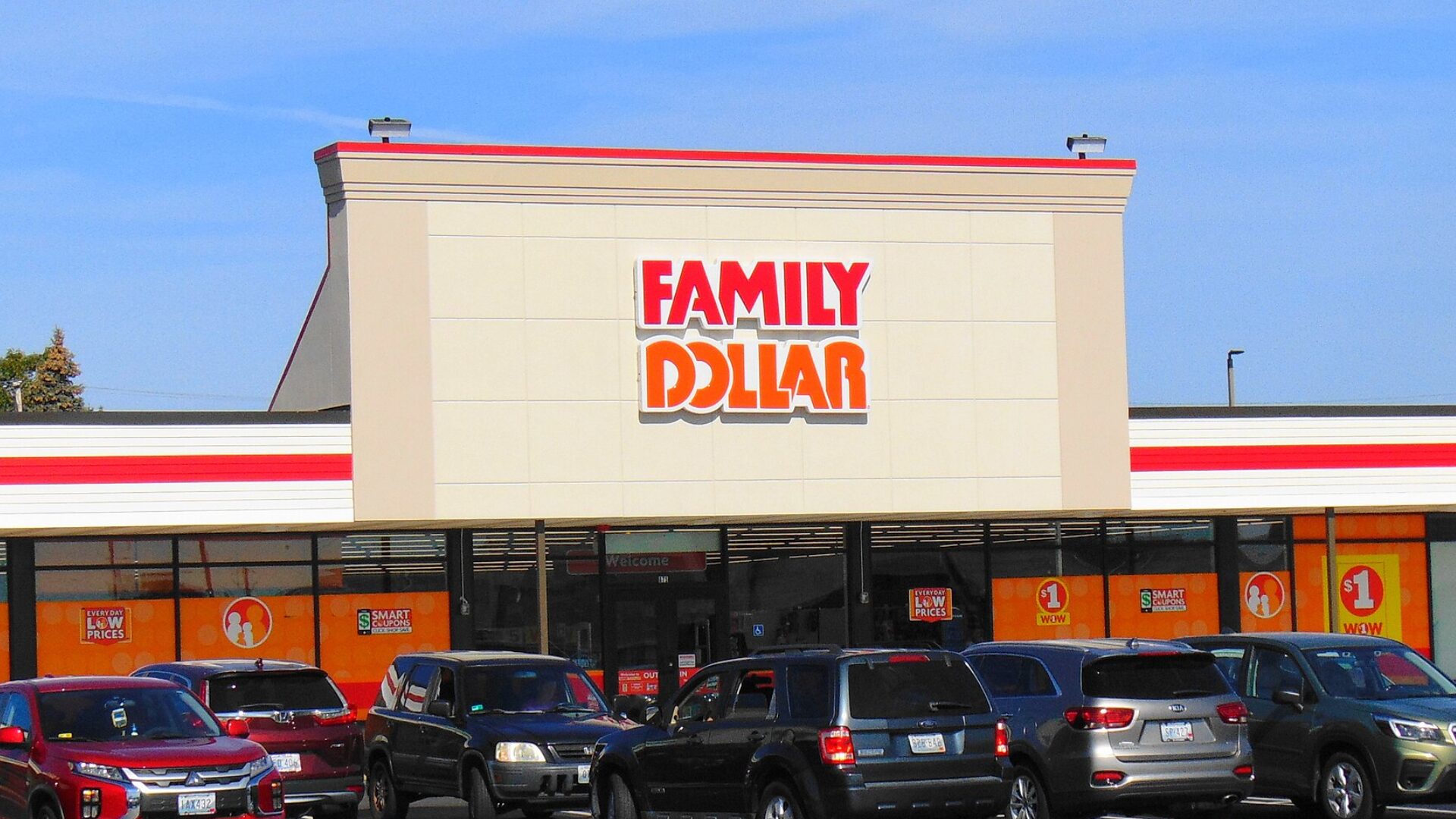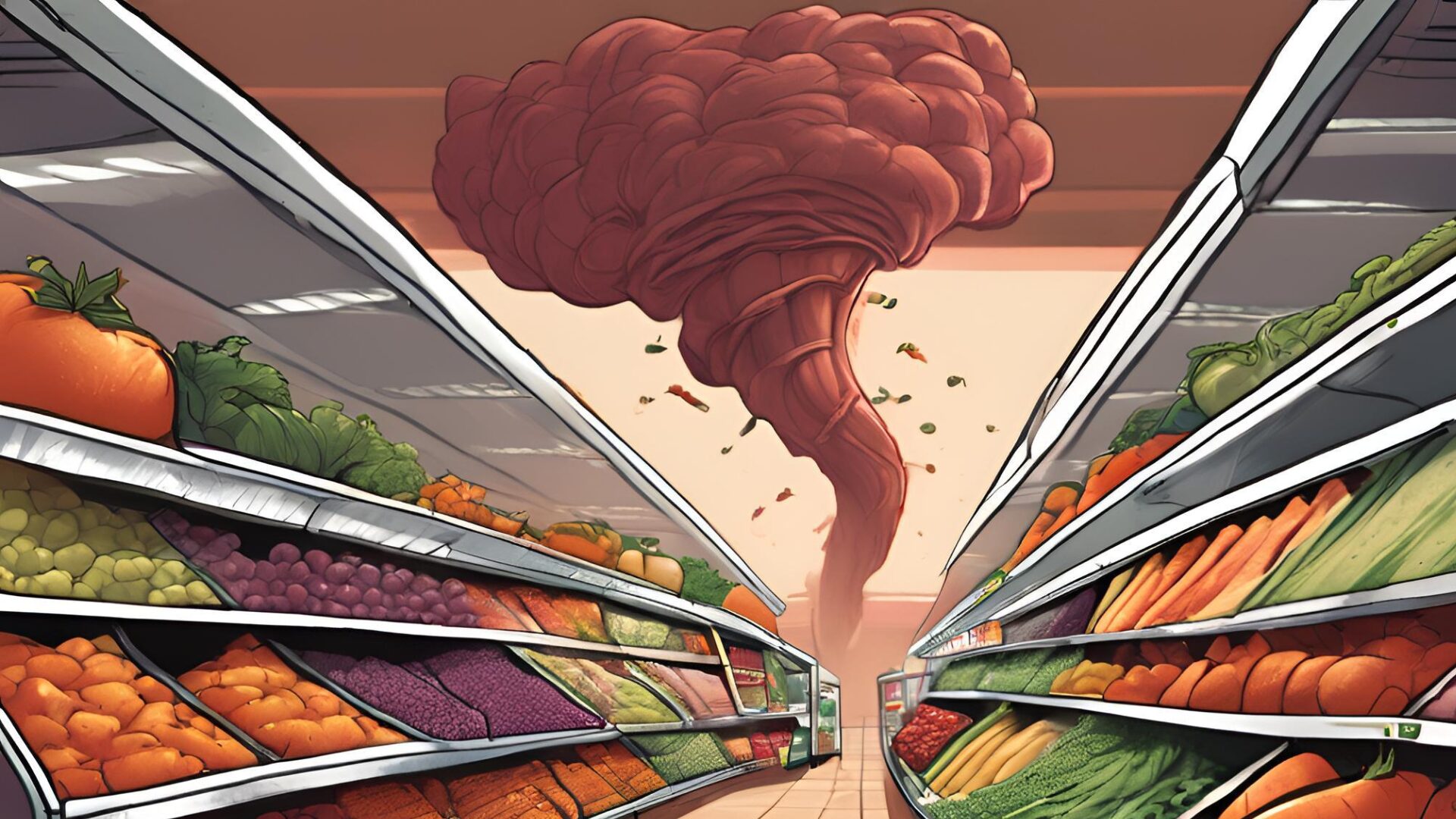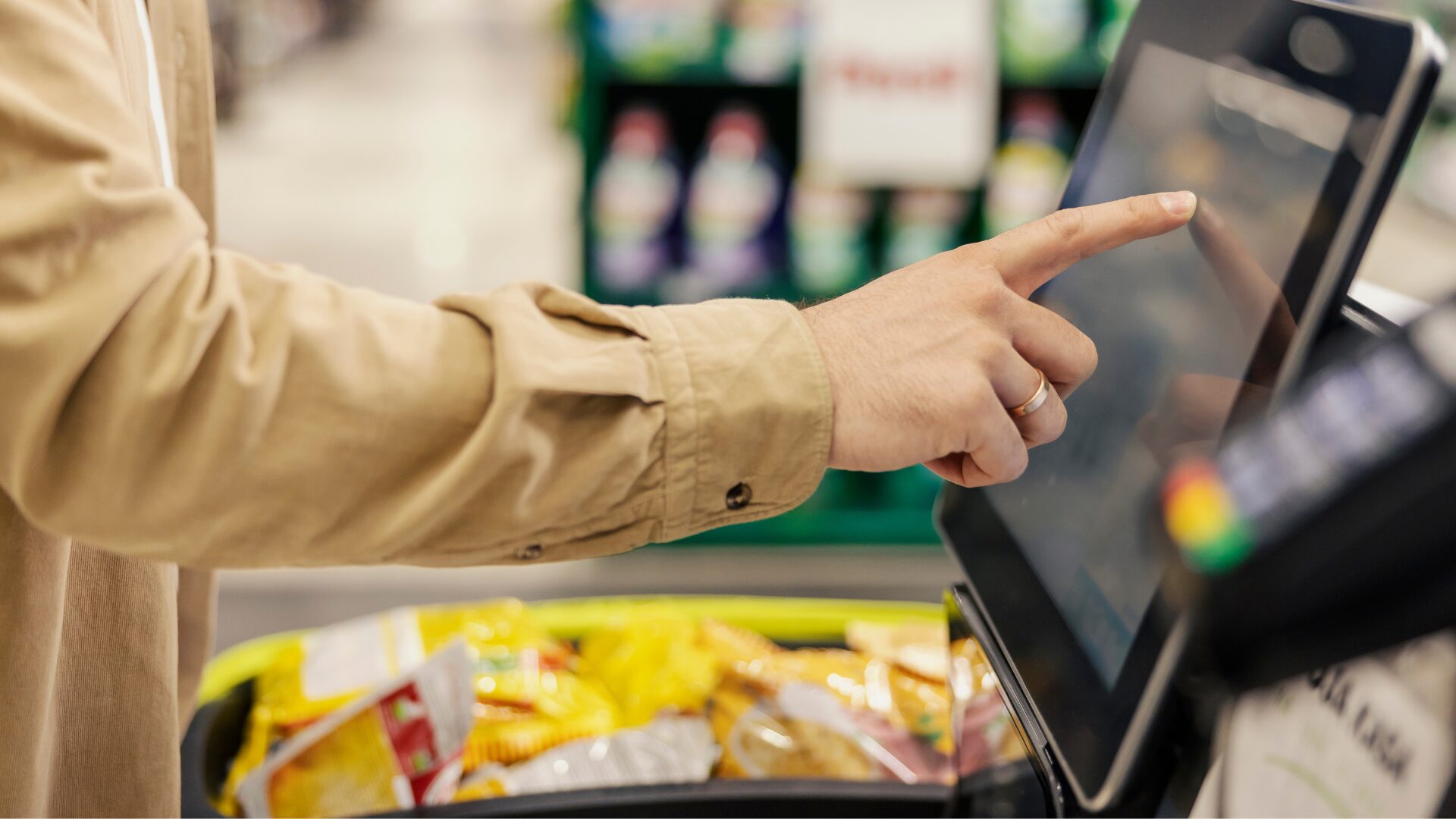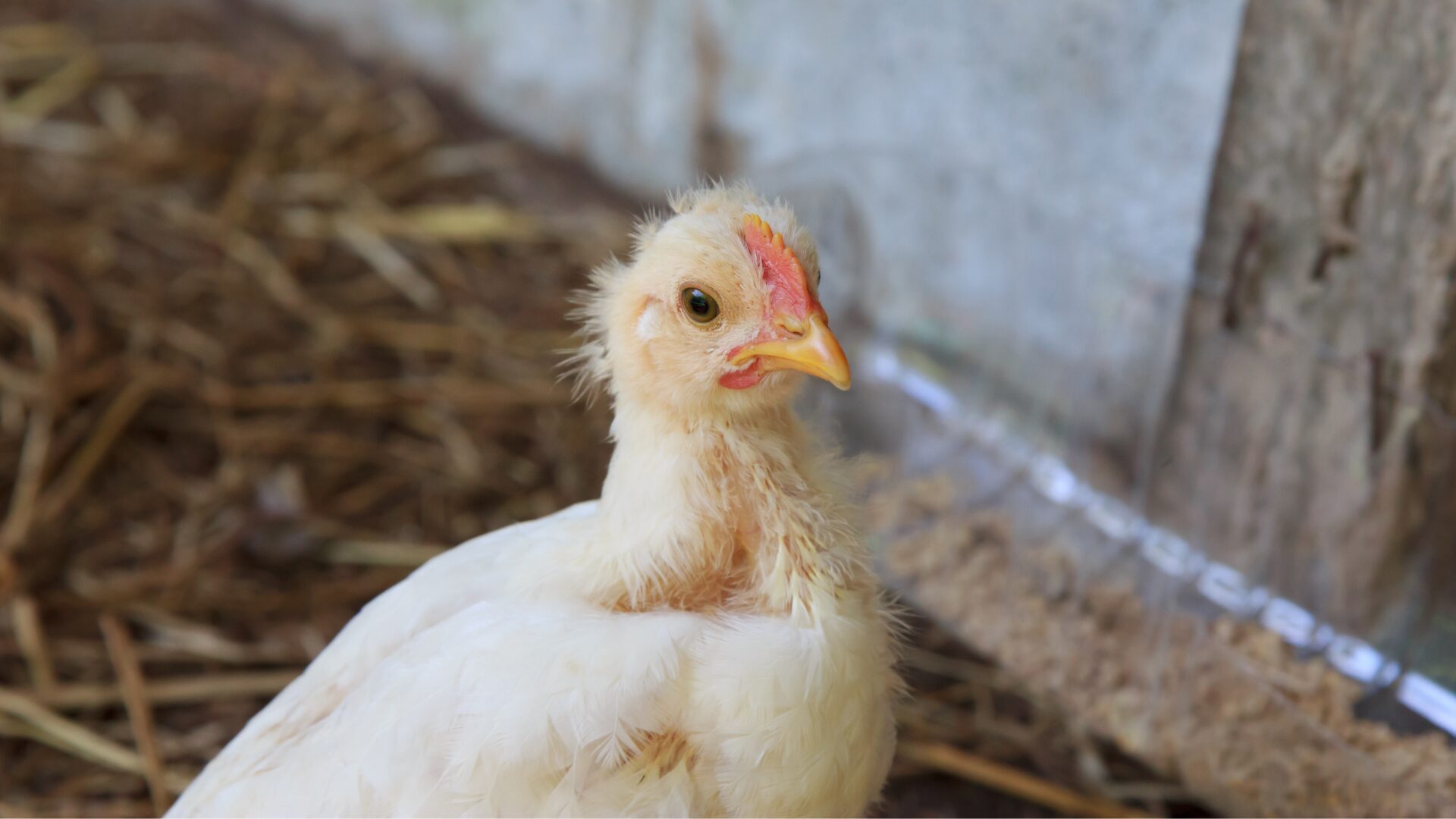As major chains shuttered across the country, the coronavirus outbreak may have cost China’s retail and foodservice sectors from 20% to 80% during the Lunar New Year week, representing a fall of $31 billion to $124 billion, according Rabobank.
China’s food and agriculture sectors are bearing the brunt of the outbreak as “heavily-hit cities are under lockdown while the rest of the country rapidly hunkers down,” according to Rabobank analysts led by Ping Chew, reported Bloomberg (Feb. 11).
Food and beverage necessities like soft drinks are resilient to the virus while frozen foods, ready meals, and bottled water may benefit due to panic buying. However, animal protein likely dropped greatly in January and February, and demand will remain weak throughout the first half of 2020 if the virus is not under control until May-June.
The analysts noted the impact could be more serious and longer-lasting if the virus isn’t contained within the first quarter. The losses from foodservice alone could total $8.8 billion to $13.6 billion.
More than 300 Chinese companies are already seeking bank loans totaling at least $8.2 billion to help soften the impact of the coronavirus outbreak, according to two banking sources, reported Reuters (Feb. 10).
Food delivery giant Meituan Dianping is seeking $574 million, partly to help finance free food and deliveries to medical staff in Wuhan. Other companies on the list also include vegetable market operators and other businesses key to maintaining food supplies and supporting efforts to contain the outbreak.
Meanwhile, pork prices in China surged 116% in January from a year ago, accelerating from December’s 97% increase, due in part to the coronavirus outbreak, according to data from the National Bureau of Statistics. The country’s food prices were up 20.6% in the month compared to a year ago, reported CNBC (Feb. 9).
“It appears that supply disruptions and hoarding due to the coronavirus outbreak helped to keep food prices elevated during the week after Chinese New Year, when they would normally drop back,” said Julian Evans-Pritchard, senior China economist, at consultancy Capital Economics.
Additionally, China’s consumer prices rose the fastest in more than eight years in January because of coronavirus and subsequent shutdowns of transport links, reported Bloomberg (Feb. 9). Consumer prices rose 5.4%, with food prices jumping the most since 2008.
“The virus outbreak has rewritten the supply and demand story in China, with supply staying at a relatively low level except for the medical sector and demand also falling,” said Tommy Xie, an economist at Oversea-Chinese Banking Corp. in Singapore. “Prices will likely continue to rise due to weak supply.”
The fallout will also impact foreign companies with production or sales in China, and may lead to rising prices for consumer goods elsewhere if factories can’t restart soon.



